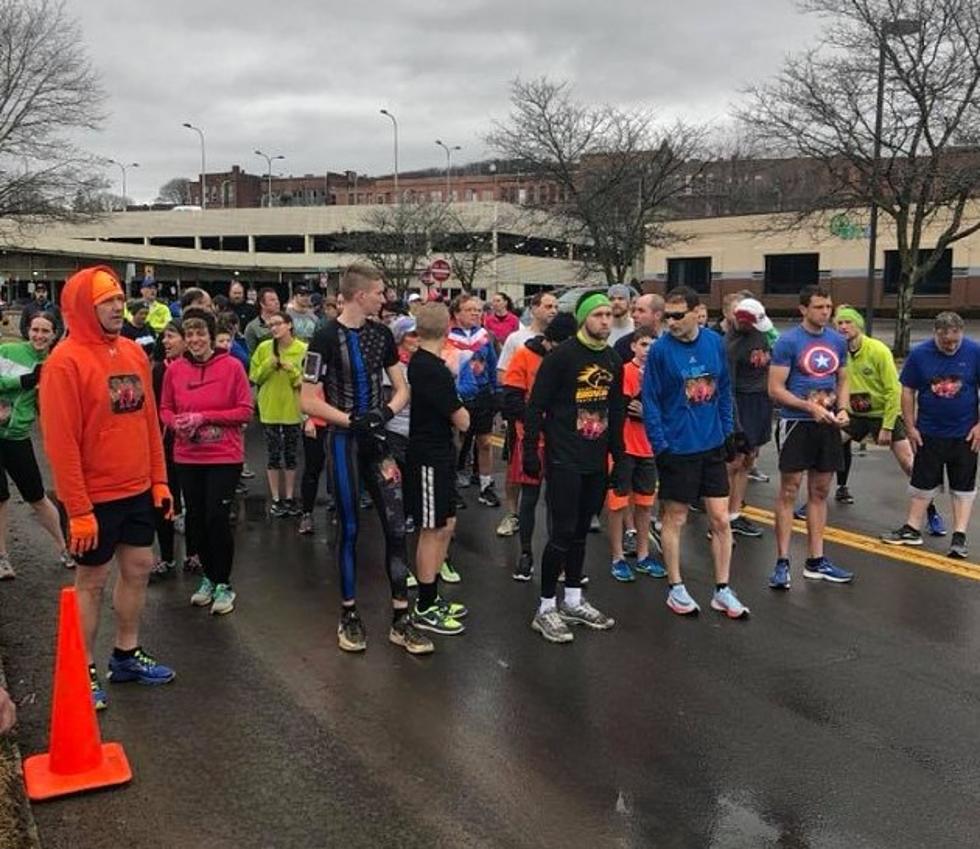
Sen. Gilllibrand Warns of Lax Food Safety Implementation
In the aftermath of widespread food contamination outbreaks in recent months, U.S. Senator Kirsten Gillibrand today revealed that the Food and Drug Administration (FDA) has failed to implement a law she championed and passed years ago that would protect Americans from food-borne illnesses and notify consumers about tainted products that may have already purchased.
The Centers for Disease Control and Prevention (CDC) estimates that three million New Yorkers get sick from foodborne illnesses each year. Nationally, 48 million Americans get sick, 128,000 are hospitalized, and 3,000 die from foodborne disease each year. Food recalls are the last chance for food safety regulators to remove dangerous food from grocery stores and let consumers know that they may have purchased tainted food that could cause a food-borne illness. Gillibrand called on the Trump Administration to immediately implement these long-overdue regulations to proactively inform consumers about potential food safety risks lurking in their pantries and freezers.
“When New Yorkers buy groceries, we shouldn’t have to worry about whether the food we’re buying is going to make us sick. We already have a system in place to prevent people from buying tainted food that’s been recalled – but that doesn’t help if the FDA issues a recall after people have already bought that particular item and taken it home. A family might have food stored in their freezer or pantry for weeks, or even months, and have no idea that it was recalled after they bought it, at no fault of their own,” said Senator Gillibrand. “That’s why I wrote and helped pass a law years ago to fix this problem, but years later, the FDA has done nothing to implement the law. We have a responsibility to help keep New Yorkers safe from potential food poisoning, and the FDA needs to start enforcing this law immediately.”
The legislation Gillibrand fought for and passed as part of the Food Safety Modernization Act (FSMA) would require grocery stores to tell consumers if they had purchased recalled items that could potentially make them sick. The law requires grocery stores to display recall notifications where shoppers will see them or notify shoppers through the contact information available through their customer loyalty cards so that they do not have to monitor news reports or government notification websites to learn about contaminated food.
In her letter to the Food and Drug Administration, Gillibrand urged the FDA to immediately issue guidelines for grocery stores so that they can notify their customers about food recalls in a timely, accurate, and actionable manner. In addition, she requested responses to the following questions:
1. What actions has the FDA taken to date to provide grocery stores with the tools necessary to notify their customers in the event of a food recall?
2. What is the timeline for the completion of regulations required under Section 211 (g-h) “Grocery Store Notification” and “Consumer Notification”?
3. How will FDA educate grocery store operators and other food retailers about new regulations to ensure that these policies will be implemented in a manner that improve consumer awareness of recalls?
4. How will FDA monitor the compliance of grocery store operators and other food retailers with these regulations in the future?
More From WDOS-WDLA-WCHN CNY News









